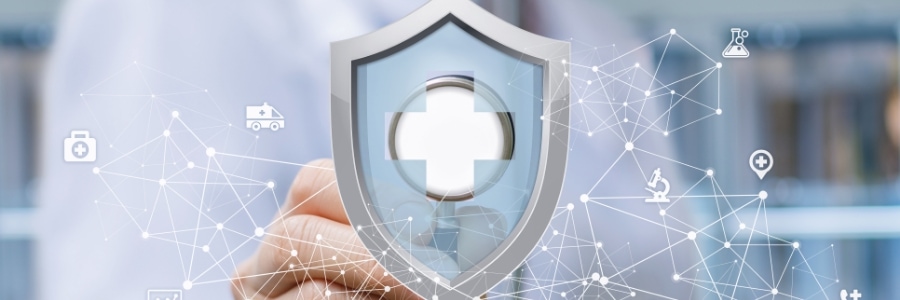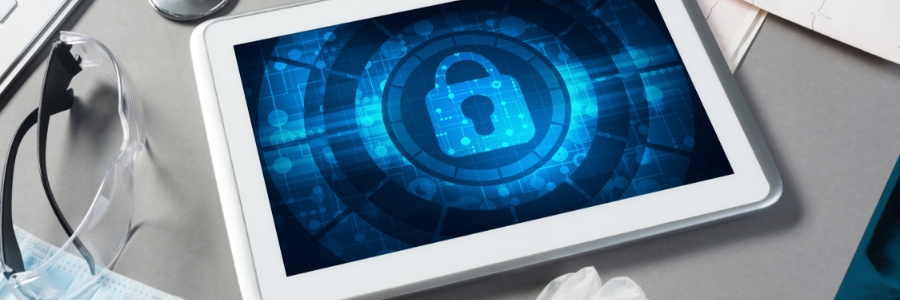Mobile devices have become essential tools for healthcare professionals, enabling them to access patient records, clinical guidelines, and other critical information from anywhere. However, the use of mobile devices also presents unique security challenges, as these devices are often easily lost or stolen, and mobile apps can be vulnerable to malware attacks.
Embracing the future of healthcare with mobile device management
3 Ways AI revolutionizing the healthcare industry
The impact of technology on the healthcare industry
Transform your healthcare practice with online scheduling
5 Essential steps to defend against insider threats in healthcare
Best practices for IoT security in healthcare
Can big data lower hospital readmission rates?
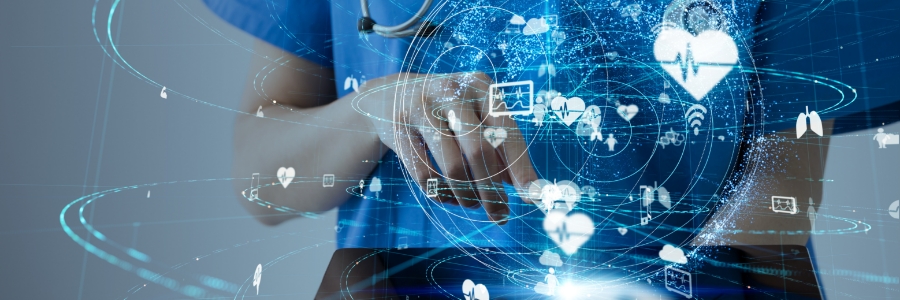
Business intelligence (BI) refers to the process of gathering data and turning it into useful insights. This data can be used to make better decisions about all aspects of a business, including operations, marketing, and sales. And in today's world, big data is crucial in enhancing processes in major industries like healthcare.
The importance of HIPAA compliance to your business
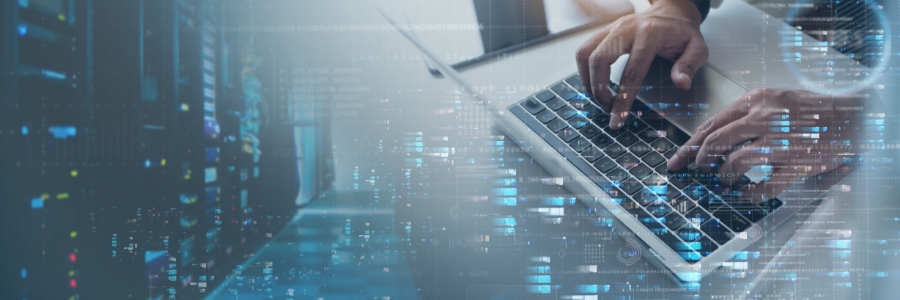
If your company is in the healthcare industry or provides medical services, you are required to comply with HIPAA regulations. In this article, we’ll talk about what HIPAA is, and what being HIPAA-compliant means to your business.
What is HIPAA
The Health Insurance Portability and Accountability Act of 1996 (HIPAA) is a federal law that establishes national standards to safeguard sensitive patient health information from being released without permission.
Are EHR systems better than paper-based systems?
HIPAA-approved social media guidelines for businesses
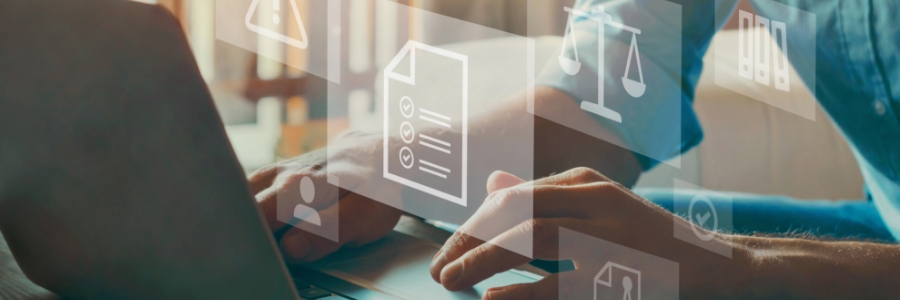
Social media can be a powerful tool for healthcare organizations to spread awareness. But in using social media, these organizations must adhere to specific Health Insurance Portability and Accountability Act (HIPAA) compliance standards. In this blog post, we will discuss guidelines for HIPAA compliance regarding the use of social media.


